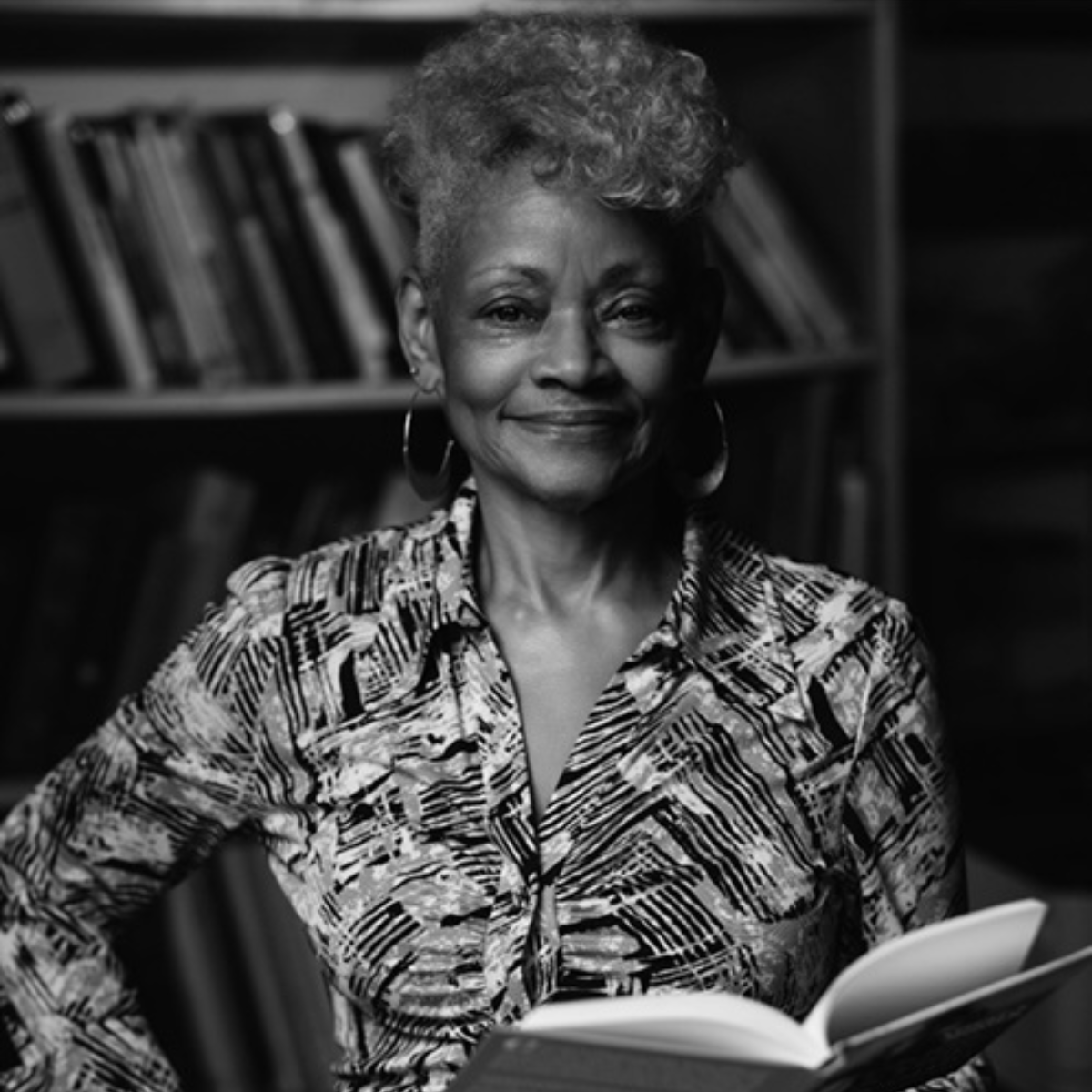Commentary on Acts 11:1-18
The Jewish leaders in Judea, the circumcised, criticized Peter for sharing a meal with the uncircumcised, the Gentiles (cf. Galatians 2:11-14).
This situation betrays a dichotomy between what is and what is not. Peter proceeds to tell how it happened that he engaged in table sharing with Gentiles, the uncircumcised. God sent Peter a vision of a carnal feast consisting of bottom feeders or scavengers. It was a nightmare for an orthodox Jewish man. According to the Levitical food prohibitions in the Torah, Jews were not to indulge in (or with) certain flesh (Leviticus 11). Based on the question that the circumcised asked Peter, it seems that he may have been using the dream both to explain the baptism of Cornelius, a Roman centurion, and by extension to justify his table sharing with them. Does baptism erase those distinctions? In the dream God annuls those distinctions prior to baptism. Even though it was the Lord who told Peter in the vision to eat the food before him, Peter responded that he absolutely could not. Such cuisine had been prohibited. But the Lord trumps tradition and Torah instruction based on God’s original creative authority and act: you cannot make profane or unclean what God has created clean.
This horror flick played out three times in Peter’s dream (Acts 11:10), after which three men from Caesarea showed up at Peter’s door, requesting his presence and prepared to escort him to Cornelius home (11:11; cf. 10:3-8). Peter interprets God’s disruption of his sleep and his biased thinking as the Spirit teaching him not to make distinctions “between us and them” (11:12). Even as God corrects our faulty theological anthropology, it takes time to undue years of putting tradition above God and of bias behaviors, stereotypes, and rhetoric. An “us and them” mentality should haunt our human sensibilities if we would experience and benefit from our common humanity. We need to allow our biases and stereotypes to be checked. It is imperative that we engage with others different from ourselves, in more than superficial ways. And most of the time it will not happen when “us” keeps our distance from “them.” This construction of others who are different from us as “unclean” based on those differences signifies a belief in our superiority. If we get too close, live too close, interact too much, we risk contamination and becoming unclean too. Sometimes our self-definition is constructed upon differentiating ourselves from others, instead of upon who we are in God. We can talk about bearing crosses but we actually seek ways to avoid risks that disrupt the boundaries and biases that safeguard our group privilege. In fact, many think the only people who should live with risk (of violence, homelessness, and hunger) are minorities and poor people. Somehow we have convinced ourselves that those people, “them,” are unclean anyway; that they are accustomed to risk, to death, to the absence of salvation or wholeness.
Significantly, Peter does not mention Cornelius by name in his apologetic response to the interrogation from the Judean circumcised brothers. He refers to Cornelius as “the man,” (Acts 11:12) and he references him using third (he/his) and second person (you) singular pronouns. Perhaps, this is evidence of how difficult it is to see others as fully human, fully clean after years of seeing and treating them as other than clean and human. Many white brothers and sisters and some people of color deny that they ever perceive or treat people who are racially or economically different from themselves with bias. This is despite being entrenched in racialized, class-conscious institutions and traditions that presume people of color, women and others to be inferior. But the only way we begin to put an end to making distinctions between “them” and “us” is to learn to recognize and admit our biases and their impact on human relationships. Racism, sexism, classism, heterosexism, and other biased behaviors and thinking are not godly; they are motivated by fear of the other and not by love of humanity. “God shows no favoritism” for one human being other another.
Before Peter showed up at Cornelius’s house, God had first talked with Cornelius in a vision (Acts 10:1-7). Peter preached good news at Cornelius’s house, but it was not the first good news Cornelius had received from God. The preached word is filtered through fallible human beings like Peter, Paul, and Mary. But God does not always limit God’s self to a third party witness. God has one-on-one encounters with human beings regardless of their religious affiliations and creeds (the Romans were religious people; as a Roman, Cornelius likely feared the God of Israel but also the gods of Rome, Acts 10:1-2). God does not create religion; humans do. God created the world and all living and life-giving things in it. God will disrupt and interrupt the boundaries humans construct.
Before Peter baptized them, God poured out God’s spirit upon the Gentiles. God’s spirit will work despite, through, or prior to our ritual constructions. This is comforting knowing how often we get things wrong and how often we persist in making distinctions between “us” and “them” based on race, language, gender, sexual orientation, nationality, religion, our fears, and other differences, real and constructed. “The Spirit told me to go with them and not to make a distinction between them and us,” 11:12. The Spirit counseled Peter to accept what had already been true about God: God does not show favoritism.


April 24, 2016